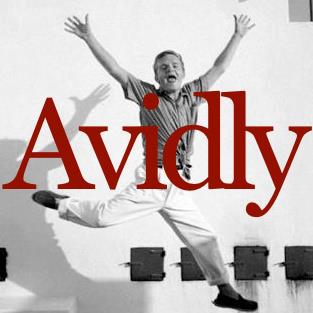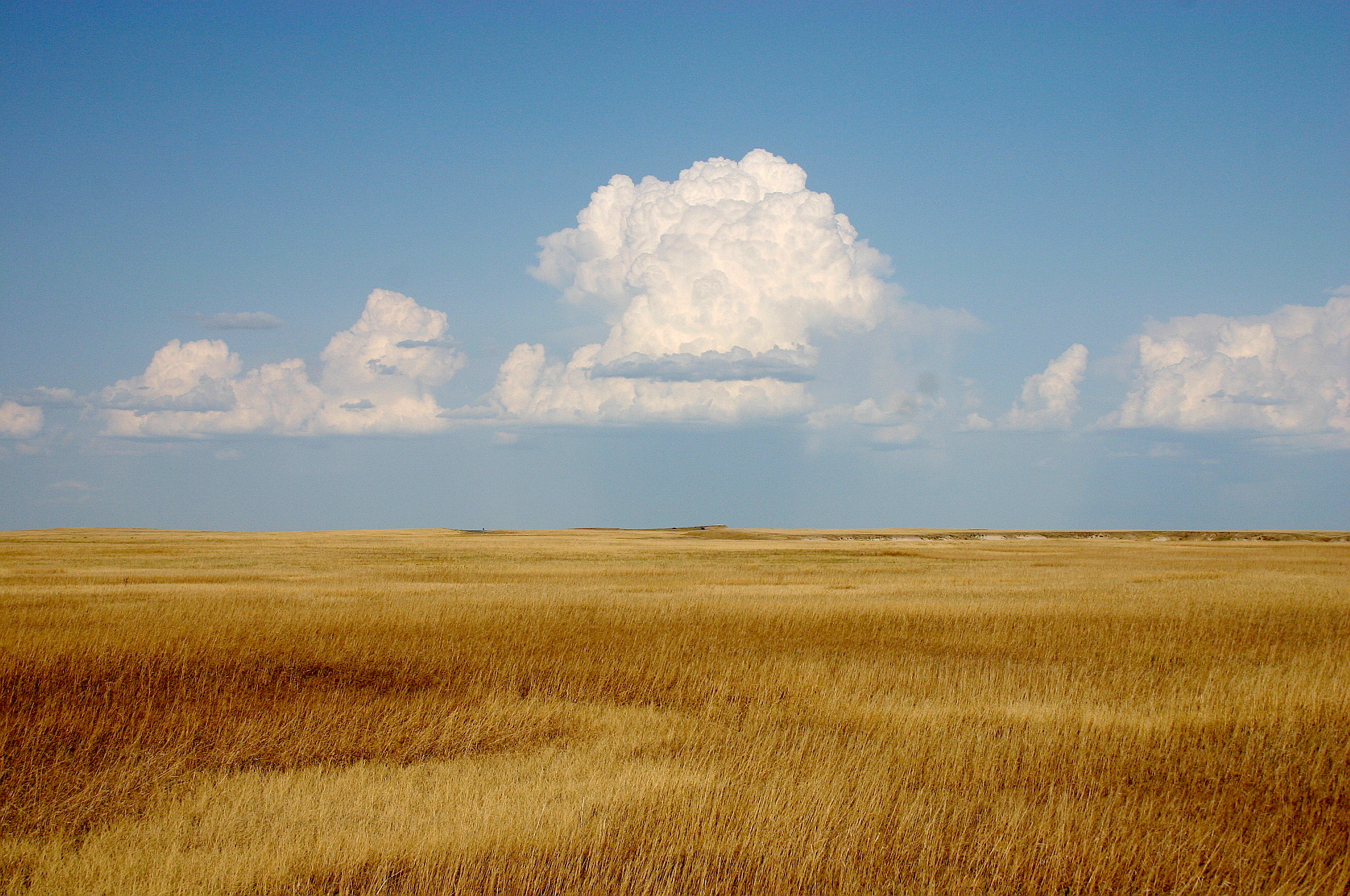 Until this week I had not seen the 1993 movie What’s Eating Gilbert Grape. The film debuted the year I left my rural home, and was eating seven dollars’ worth of groceries a week, while adjusting to major life changes like sidewalks, and college. There was no money left over for movies. So I approach Gilbert Grape as I approach middle age, and, coincidentally, at the same time as MTV debuts its newest example of rural voyeurism (the reality show, Buckwild). The world has changed since 1993, and I wonder who will tell these stories from our side in the future. I wonder if the pipeline closing leaves no one but the voyeurs.
Until this week I had not seen the 1993 movie What’s Eating Gilbert Grape. The film debuted the year I left my rural home, and was eating seven dollars’ worth of groceries a week, while adjusting to major life changes like sidewalks, and college. There was no money left over for movies. So I approach Gilbert Grape as I approach middle age, and, coincidentally, at the same time as MTV debuts its newest example of rural voyeurism (the reality show, Buckwild). The world has changed since 1993, and I wonder who will tell these stories from our side in the future. I wonder if the pipeline closing leaves no one but the voyeurs.
Gilbert Grape features the predictability of YA fiction. Gilbert struggles through life caring for his autistic brother, Arnie, outside a small, rural town, Endora. He and his sisters labor to maintain the structures of daily life in their household, and there is more than enough for all to do. The town is in the midst of significant change as chain stores move into its outskirts and threaten local businesses. A different sort of outsider, Becky, visits Endora and encourages Gilbert to explore his own desires. In the end, freed of most of his responsibilities through a fantastic series of events, Gilbert escapes with Becky. The plot itself might be forgettable, but it is the landscape in which these events take place that marks the movie, for me.
 The landscapes of the rural working and middle classes don’t get much screentime: Gilbert Grape, Brokeback Mountain, Winter’s Bone (which I cannot force myself to watch), the exceptions prove the rule. Gilbert Grape was viewed in its day (and still) as a remarkable depiction of a disabled young adult. Brokeback Mountain was hailed (or excoriated) as a depiction of rural queerness. Both movies deserve these accolades. But neither Arnie, nor Jack and Ennis would resonate in the same way if they were not also set inside painstakingly accurate cultures that remain remote and unobserved by mainstream America. It may not be coincidence that neither director is originally American, and they see through our national blindspots.
The landscapes of the rural working and middle classes don’t get much screentime: Gilbert Grape, Brokeback Mountain, Winter’s Bone (which I cannot force myself to watch), the exceptions prove the rule. Gilbert Grape was viewed in its day (and still) as a remarkable depiction of a disabled young adult. Brokeback Mountain was hailed (or excoriated) as a depiction of rural queerness. Both movies deserve these accolades. But neither Arnie, nor Jack and Ennis would resonate in the same way if they were not also set inside painstakingly accurate cultures that remain remote and unobserved by mainstream America. It may not be coincidence that neither director is originally American, and they see through our national blindspots.
It took me years after the movie’s launch to learn how to articulate that the “middle class” I grew up inside was not the middle class of most of the students at the university which I attended.
The middle classes of Endora, like the middle classes of Brokeback Mountain, are tenuous spaces, built more often of pride and perseverance than of dollars in the bank. In both movies, as in life, those with a little more financial security than others stand out in primary colors, sharply, in a landscape brown and tan, and sometimes green. The bright Burger Barn hats and Foodland logo are exotic, recent urban imports, and create both excitement and tension in Endora. The wind blows through both films. It cools unsheltered wooden homes and metal trailers in the summer, and burns them with cold in the winter. Twenty years pass in Brokeback Mountain with no real change in clothes or cars, or the wind. The same could be said of Endora. Too easily, change shatters the fragile balance. It can be difficult to imagine positive change out there, sometimes. Like primary colors, change threatens the landscape.
These movies are not elegaic; they find the beauty and the ugliness of tragedy in this world in equal measure. Becky’s questions about what Gilbert wants are almost unimaginable from a rural perspective, as his halting, careful answers demonstrate. Gilbert’s duty to care for his brother places additional bounds on his imagination, but the rest of the characters are trapped too. From Betty’s strained affair with Gilbert, to Tucker’s desperate belief in Burger Barn: these are not people with the luxury of unmixed dreams of personal fulfillment, or perhaps any dreams at all. Becky’s breezy assumption that one’s actions can be meaningful mark her as “not from around here” as surely as her grandmother’s auto-repair skills do. When people outside the rural places talk about “pipelines closing” we need to remember that this traps people inside a world with few or no choices.
Unlike Gilbert, no 90s ancestor of the Manic Pixie Dream Girl carted me out of my one horse hometown. Unlike the quietly brutal realism of Brokeback Mountain, Gilbert Grape ends more like The Graduate, with perhaps doomed hope, but hope all the same. Yet, in real life the two pipelines out of the rural places, military and education, are closing or closed. Perhaps no one cares but us. But if more of us with the skills to do so told our stories, translating our windy world to larger audiences as these directors have done, perhaps our political culture would grant our people some dignity, would open discourse rather than harvest derogatory soundbites from us at polling places and for “reality” TV. Perhaps our experience of living with pride and perseverance can be useful to others, in an era when the gap between haves and have-nots grows every year. Perhaps our wisdom could have value to others, too.
Kathleen Kennedy: Dr. Redneck.



Winter’s Bone remains one of the best art-directed films I’ve seen of any genre, but especially of it’s own.